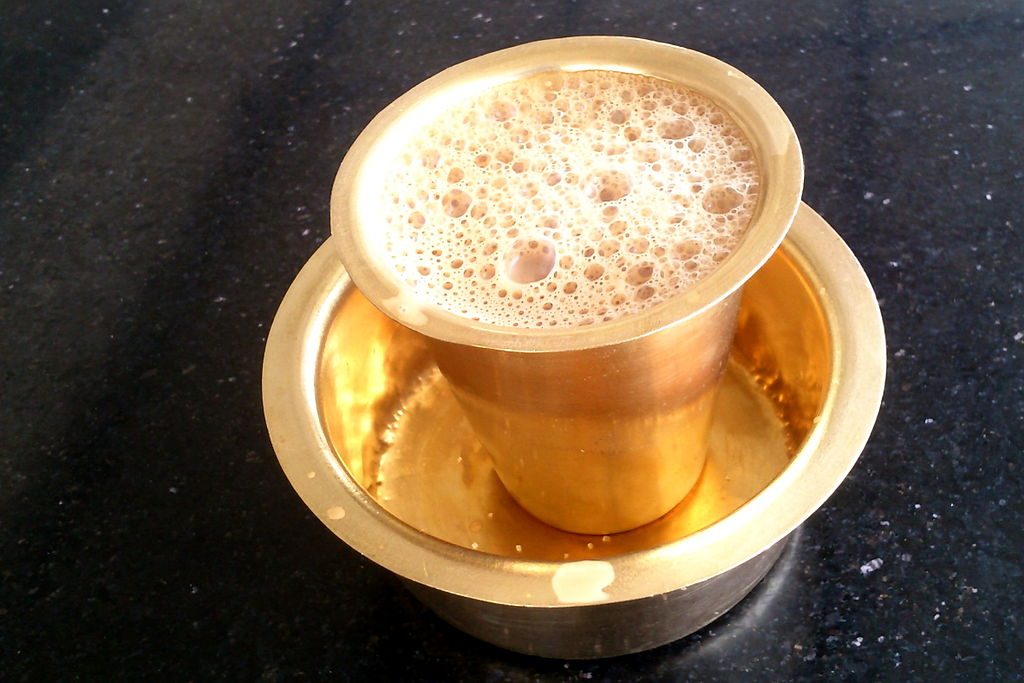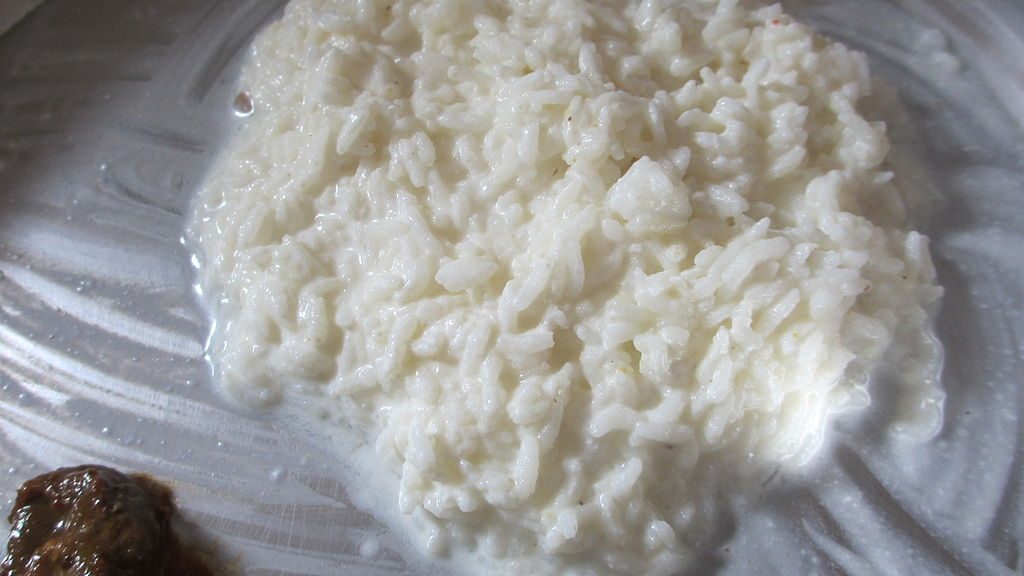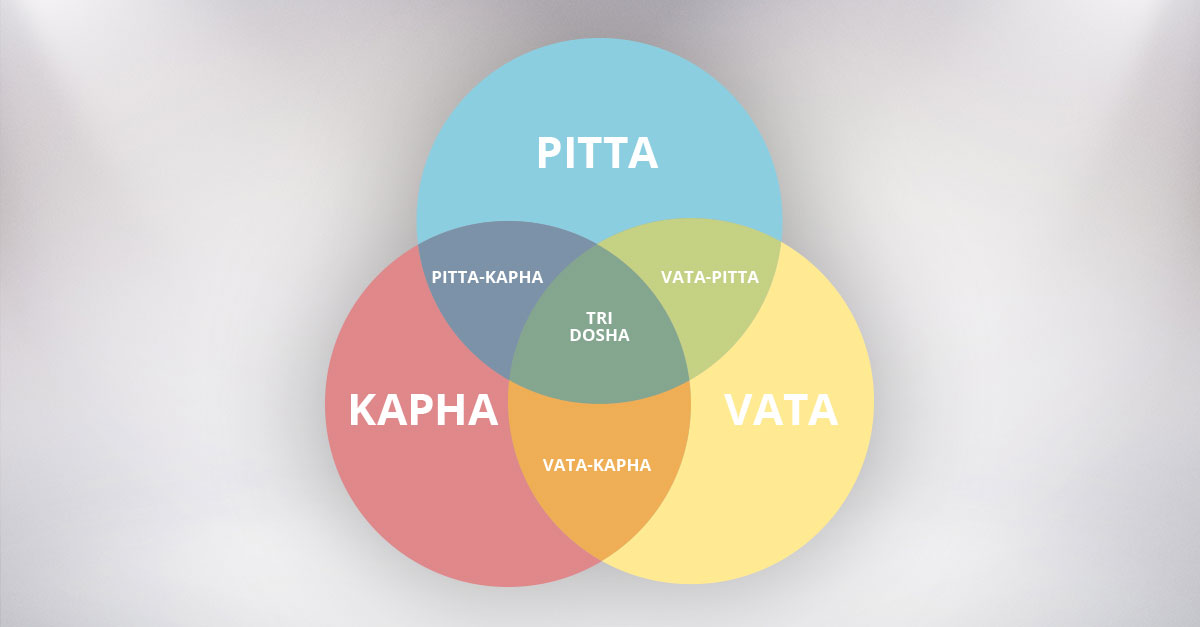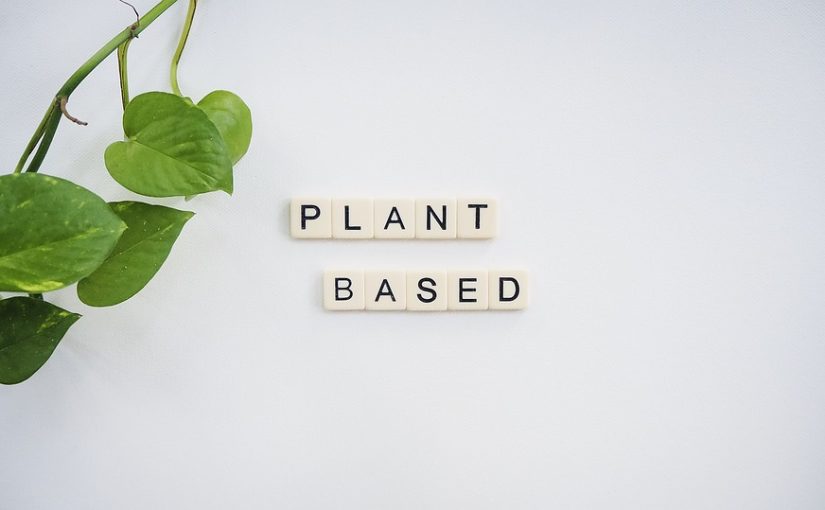Priya (my wife) and I have read several articles on veganism. Both of us are vegetarians. Our diet is made of whole grains, grain flour, legumes, nuts, fruits and vegetables. In addition, we also consume milk thrice a day and use milk-based products such as curd and ghee in ample quantities.
The range of articles on veganism goes from absolute fanaticism to hateful criticism. It is difficult to determine solely based on polarised opinions whether veganism is really life-changing in a positive way or just a fad. So we have decided to embark on a one month experiment in the December of 2019. If things work wonderfully during the experiment, like it has for hundreds of thousands of vegans, our new year resolution will be to turn vegans long term. Otherwise we will pretend that the month-long experiment never happened!
What is veganism?
Veganism is a lifestyle of choosing not to use products coming from the animal kingdom in any form. This includes meat, eggs, dairy products, wool, leather, etc. Priya and I are only going to start with dietary veganism. We are already practising ‘no leather’ not because of veganism, but because pure leather products are much costlier than we’d like to splurge on 🙂 .
In dietary veganism, one does not consume:
- Meat from killed animals: Mutton, chicken, beef, pork, fish
- Products from live animals: Eggs, milk & milk products, honey
Our current diet and new challenges
Since Priya and I are vegetarians, our diet is already 90% compliant with the recommendations of veganism. Point 1 about not consuming meat is already in place. In point 2, we already don’t eat eggs. Honey is a small part of our life. We use it to sweeten tea, home-made fruit juice and home-made smoothie / lassi. We can easily replace it.
Our challenge lies with replacing dairy products with suitable vegan substitutes. As Tamilians, we are in love with filter coffee. Filter coffee is too strong to be drunk black. Priya and I are not fans of black coffee anyway. We need a good substitute for milk that is usually added to filter coffee.

As Indians, we do not prefer black tea either. Indians love their tea with milk and an assortment of spices that go into making the classic masala chai. Also, we love a glass of cold milk with chocolate syrup or fruit pulp about 15 minutes before we go to sleep. It acts like comfort food and is a reward after a long day of work.
More challenges crop up when we consider other dairy products. An innocent indulgence in store-bought chocolates is out of question, since they use milk or milk solids. Ice cream is eliminated too. Gut health and probiotics need to be planned anew as curd has to be sidelined. Bread spreads cannot be dairy butter or vegetarian mayonnaise, which is just milk cream bound in oil and flavoured with mustard sauce. Sweets like mysore pak need to be forgotten since plenty of ghee is used. And no more smearing ghee on the top of our chapatis and naans.

But why would we turn vegan and go through all the deprivation at all? Any good reason?
Not my reasons for veganism
Cruelty
In the book ‘A taste of well-being‘ and in several talk shows online, Isha Foundation‘s founder Sadhguru Jaggi Vasudev defines food as ‘one living being giving up its life to nourish another living being’. In one well-defined scientific line, he clarifies that whichever branch of diet you follow, be it non-vegetarianism, vegetarianism, veganism, fruitarianism, keto, paleo, etc, one living being has to relinquish its life, or in harsher words, die, in order to feed your own life energy.
Food is life giving away its own life to make your life. If only you were aware that so many lives are giving up their own lives to sustain your own, you would eat with enormous gratitude.
– Sadhguru in ‘A taste of well-being’.
Plus, nature itself has its share of carnivores and sangivores. Animals like tigers need to kill regularly in order to just survive or they themselves will die of starvation. Even humans were hunters and gatherers before agriculture was developed.
So ‘cruelty’ is definitely not my reason to turn vegan. Feelings like pity and the topics like ‘ethics’ and ‘compassion’ are a figment of the emotional human brain. Nature has nothing to do with it.
Impact on earth
It is argued that veganism leaves less footprint on the earth than non-vegetarianism. Part of the claim, i.e. raising hoards of cattle for meat consumption is polluting, is true. But large-scale farming came to the world at the cost of massive deforestation. All meat and plant eaters are equally guilty of excessive consumption of food in today’s world, mostly in the form of binging, casual eating with friends and family and excessive eating during festivities. This leads to the requirement of more farmland and more cattle rearing.
No habit of a 21st century human is without footprint on earth, be it for the grains of rice in your pantry or for the silicon in your mobile phone. If you really want food with modest impact on earth, then you should cultivate your own small backyard farm where you grow food for your family. Or, you should carry a basket into a forest and start gathering food from nature, just like our prehistoric ancestors did and some tribals still do.
Makes you calmer and more active
Ayurveda classifies food into three categories: Rajasik, Tamasik and Satvik. Satvik food, comprising of fruits, grains and vegetables are supposed to make a person calm and physically fresh. In contrast, Tamasik food, consisting of meat, is supposed to make a person lethargic (since body has to work harder to digest meat) and also full of negative thoughts such as anger and aggression (since the food comes from a terrified and killed animal). Rajasik foods are stimulants and either increase or numb a person’s sensations and feelings for a little while, e.g. garlic, chocolate, coffee, alcohol, etc.
As much I badly want to believe this theory since it comes from the time-tested Ayurveda, I have not made any conclusive personal observations. A handful of my vegetarian friends are ever-irritable or lethargic, while a few calm or energetic / athletic friends are the type who eat meat twice a day every day.
I think calmness has more to do with how we consciously train our brain to think objectively in adverse situations. Activity and lethargy have as much to do with motivation as with the food we eat. While food definitely affects your energy and body’s chemical balance, and thus should theoretically affect your behaviour, I haven’t seen good examples of food habits affecting a person’s temperament.
The reason for me
Like food, Ayurveda also classifies human bodies, as exhibiting three broad types of properties, called doshas. These are Vaata, Pitta and Kapha. It is normal for one of these doshas or even two to be dominant in one human. My body exhibits Vaata and Kapha properties. These types of bodies do not have a good digestive system. One night of partying or two continuous nights of eating out in restaurants can throw my digestive system out of sync, forcing me to cleanse on the following day.

During my year in Malaysia, I ate meat nearly every afternoon. Vegetarian restaurants were few and far, with my office lunch break not to exceed half an hour. The habit had an adverse effect on my digestion, so I learnt how to cook, gaining control of the ingredients in my diet (mostly grains and vegetables). A regular breakfast of an egg a day gave me heat boils. I realised that my body type is unable to digest the complex nutrients of non-vegetarian food. It’s only when I eat vegetables and grains that my body’s digestion is in control.
So here is my reason. Food is an input to your body, that nourishes and energises. Inputs to any system work best when simplified as much as possible. So my quest for veganism is: Can we eat all the things that are extremely easy for the body to digest, yet get enough nutrients to be healthy and strong to perform at our peak? Is a 100% plant-based diet sufficient for my type of lifestyle? Do we really need some things that are marketed as ‘necessary for nutrition’, e.g. Sunday ho ya Monday, Roz khao anday (Hindi for “Eat eggs every day, whether Sunday or Monday”) or “you won’t get enough calcium without dairy”?
Some rules
No change to our grocery expenses
Plenty of vegans are splurging huge sums of money on an assortment of vegan milk cartons. Soy, almond and coconut milk are bought at premium prices costlier than petrol. Other vegan items, e.g. stevia as a healthy sweetener and a substitute for honey, come with astronomical price tags.
During our experiment and the possible conversion to veganism, we refuse to bloat our grocery expenses. A change in food habits shouldn’t have to cost a premium, especially when we are actually simplifying our food while giving up complex things. That would be like a person who is downsizing to a one bedroom apartment from a two bedroom one and being asked to pay more rent!
No ready-made / packaged items
Leading brands stock ready-to-use vegan food such as nut milk, soy milk, stevia, vegan cheese and butter. When you look at their packages, you will see names of additives and preservatives that are quite a mouthful to pronounce. We are going to steer clear of these off-the-shelf items laced with preservatives. Factory-processed food is not for me.
No ready-to-use supplements
Lot of vegans fall short of their daily requirements and complete them using ready-to-use supplements in the form of powder you can mix with milk or in the form of pills. The main reason is that they haven’t learnt to cook and hence depend on other sources to provide complete nutrition.
We are not going to do that. For me, the source of all nutrition must be by food from nature (minimal processing allowed), not from fancy factory-produced powders and pills. Processing must be done in a kitchen, preferably our kitchen, and not in a lab. I am open to ideas for home-made and organic supplements such as ragi malt, crushed sprouts, powdered nuts, etc.
Our substitutes
Here are some ways in which we will cut our last link to food from animal kingdom.
Milk
Instead of dairy milk, we will use nut milk and coconut milk made at home. The procedure involves soaked nuts / grated coconut, boiling hot water and a blender.
Butter
Nut butters will come to our rescue here. It is very easy to make nut butter at home in quantities that can last several weeks. We can also use margarine.
Curd
There is a way to make curd from nut-based / coconut milk by using chilly stems to ferment the milk for 8 – 10 hours.
Cheese
Vegan cheese is slightly harder to make with the same sinful taste as dairy cheese. Also, all the vegan cheese recipes I have come across require a non-homemade ingredient called nutritional yeast which I don’t want to buy every time I plan to make cheese. I want to make my cheese from scratch with home-made / simple ingredients just like I do for dairy cheese (milk + vinegar / lemon juice). So this subject is open for discussion in comments.
Honey
Honey itself was a replacement for refined white sugar, since the latter is just empty calories. Surely we won’t go back to sugar. Instead, we will use jaggery.
Cream
We are not regular consumers of cream, but have experimented with it twice or thrice. We skim the cream from the top of boiled milk. After gathering enough cream that way, we whip home-made ice cream or use it in gravies. Thankfully, it is possible to make home made coconut cream just by leaving coconut milk in the fridge for a few hours.
Chocolate
Most store-bought chocolate bars and those served in bakeries / restaurants have milk or milk solids. Instead, we will use raw cocoa powder with flour and nut milk / butter to make vegan brownie.
Cup of coffee / tea
We have used home-made nut milk to make south Indian filter coffee in the past. The taste was far inferior to coffee using dairy milk. I am fairly sure that masala tea will be the same. We do not want to drink Nescafe, instant coffee, tea from tea bags or black coffee / tea. We don’t have good solutions yet and are open to suggestions / guidance.
Conclusion
We are already 90% on our way to veganism. We can’t resist milk and milk products yet. The vegan milk options may not turn out to equally fulfilling, but I still feel that our month of experimentation will be fun. In the meantime, I will be delighted, grateful and overjoyed if you can leave suggestions for our upcoming experimental month from your own vegan experiments and substitutes we can use, especially for tea and coffee.

We don’t realise how much we love anything until we deprive our self of it 😀 Let’s see how this one turn out for us !!
Already struggingling with filter coffee and masala tea, but determined to go on!